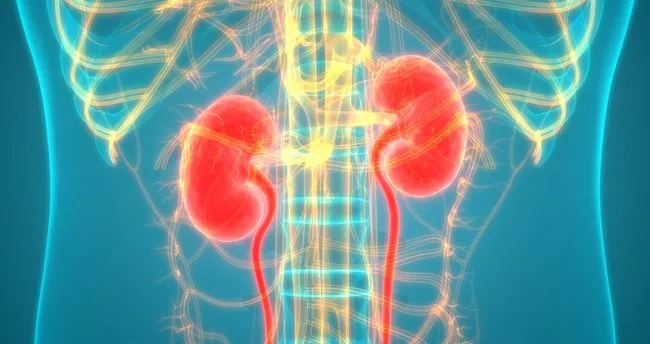
Ideal Foods for People with Kidney Disease
Kidney illness is a typical issue impacting regarding 10% of the world's population. The kidneys are little yet powerful bean-shaped body organs that do many important features. They are responsible for filtering waste products, releasing hormones that regulate blood pressure, balancing liquids in the body, generating pee, as well as several various other important tasks. There are various ways in which these essential body organs can end up being harmed. Diabetes and high blood pressure are one of the most common danger factors for kidney condition Nonetheless, weight problems, smoking cigarettes, genes, sex, as well as age can likewise enhance the threat. Unchecked blood sugar and hypertension reason damages to capillary in the kidneys, minimizing their capability to work ideally.
Diet regimen as well as kidney disease.
Dietary limitations vary relying on the degree of kidney damages.
For instance, individuals in the onset of kidney disease have different restrictions than those with kidney failing, likewise called end-stage renal condition. If you have kidney condition, your healthcare service provider will certainly figure out the best diet Continue reading for your requirements. For many people with sophisticated kidney disease, it is very important to adhere to a kidney-friendly diet that helps decrease the amount of waste in the blood.
This diet plan is typically referred to as a kidney diet plan.
It assists increase kidney feature while avoiding further damage. While nutritional constraints vary, it's frequently recommended that all individuals with kidney disease restrict the following nutrients: Sodium. Salt is found in numerous foods as well as a significant component of salt. Damaged kidneys can not remove excess sodium, creating its blood degrees to rise. It's typically suggested to limit sodium to less than 2,000 mg per day. Potassium. Potassium plays many essential roles in the body, but those with kidney condition require to limit potassium to avoid alarmingly high blood degrees. It's typically recommended to limit potassium to less than 2,000 mg daily. Phosphorus. Harmed kidneys can not remove excess phosphorus, a mineral in lots of foods. High levels can create damage to the body, so nutritional phosphorus is limited to less than 800-- 1,000 mg each day in most people. Healthy protein is one more nutrient that people with kidney disease might need to restrict, as harmed kidneys can't clean out waste products from protein metabolic process. Nonetheless, those with end-stage renal condition undertaking dialysis, a therapy that filterings system and also cleans the blood, have greater healthy protein needs.Each person with kidney illness is various, which is why it's important to speak with your doctor about your individual nutritional needs. The good news is, many scrumptious and healthy alternatives are reduced in phosphorus, potassium, and sodium.